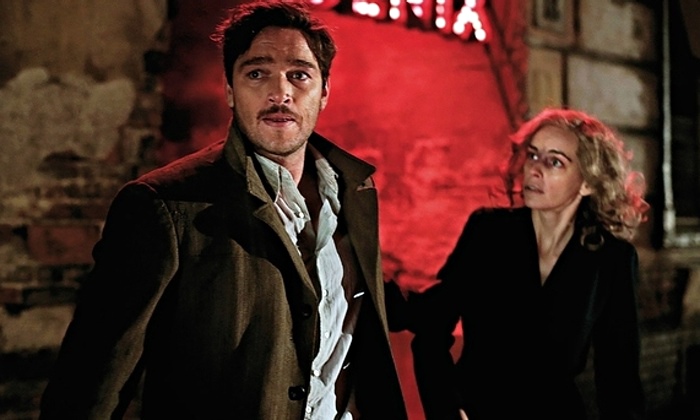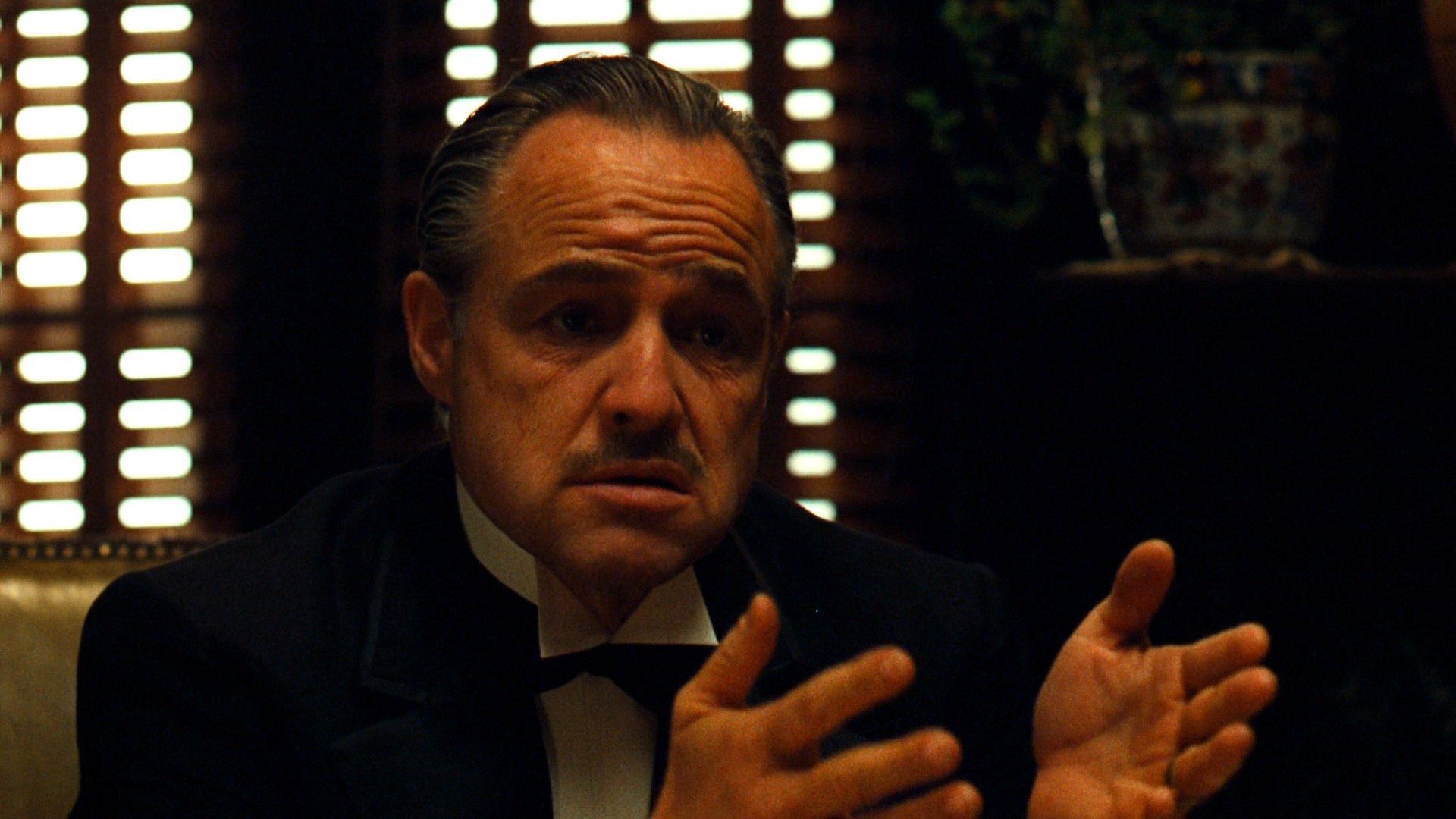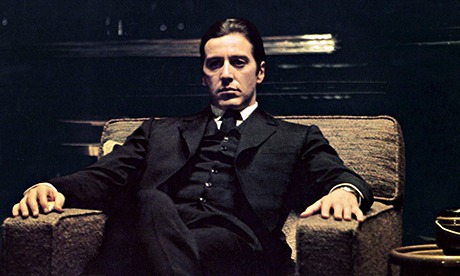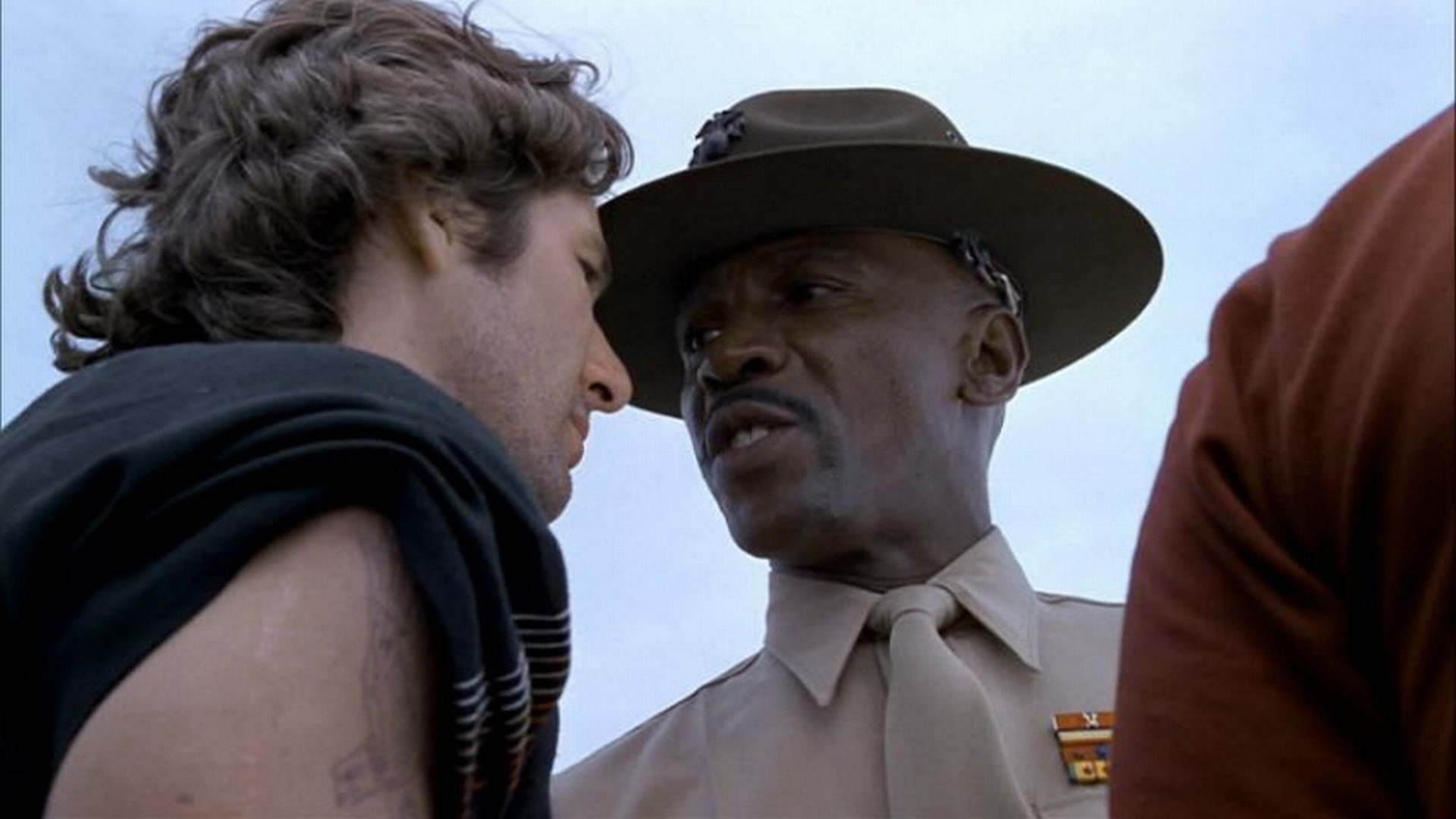#42 - Piranha
Joe Dante, 1978

While investigating a missing persons case, a man and woman discover a secret military experiment involving the creation of a school of mutant piranhas.
I can't tell whether seeing this immediately after Alexandre Aja's 2010 remake was either good for this movie or bad - at least it wasn't bad enough to deter me completely. At least Joe Dante had set a high enough standard in other films that I was definitely prepared to give one of his earlier and rougher works the benefit of the doubt, especially since I'd seen snippets of it in
Corman's World anyway. Here, the plot begins when a female investigator is sent to look into a couple that went missing in the woods at the start of the film (who we see fall prey to the classic blunder of going skinny-dipping in a pool at an abandoned water treatment facility). When she gets close, she enlists the services of a local man to help guide her around the area. Of course, what they ultimately find is that the water treatment facility was the site of a top-secret military experiment aimed at creating genetically-enhanced piranhas. Now that the piranhas are loose in the river and heading towards populated parts of the river, it's up to our intrepid leads to do what they can to save the day.
While it's pretty easy to write off
Piranha as a cheap Corman-esque attempt to capitalise on the then-recent success of
Jaws (and it is very easy to pick up on the various rip-offs and homages that vary in size from major plot points to minor technical decisions), it's got enough charm to compensate for its largely derivative nature. Making it a bit goofier and bloodier than
Jaws had the potential to go south very quickly, but somehow the jokes and violence in
Piranha actually end up being rather serviceable. The other Dante films I've seen do tend to combine potentially horrifying premises with a lot of black humour of varying levels, and
Piranha is no exception. It has some great laughs (not chuckles,
laughs) thanks to its eclectic cast of characters (featuring some recognisable Corman regulars, plus a lead who sounds like the prototype for Ron Burgundy) and also involves some very well-timed gags (most memorably the scene where the leads must distract a military sentry by any means necessary). That's certainly enough to compensate for the debatable level of the effects - the work that goes into actual scenes of violence is handled well and with relative restraint, though its attempts to depict schools of fish swimming back and forth are exceptionally low-grade. It doesn't matter, though, because the film is good enough at providing amusement and thrills that it's generally watchable, though not enough to sufficiently exceed its extremely apparent limitations.










